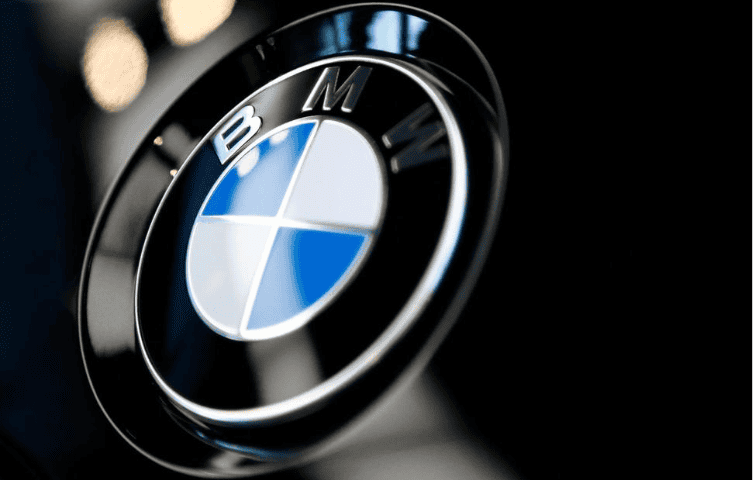Luxury automaker BMW saw net profit fall 29% to 1.48 billion euros ($1.63 billion) in the second quarter as higher spending to develop new technologies and revamp factories weighed on the bottom line.
FRANKFURT, Germany — Luxury automaker BMW saw net profit fall 29% to 1.48 billion euros ($1.63 billion) in the second quarter from a year earlier as profits were reduced by higher spending on revamping factories and on new technologies such as battery-only cars and smartphone-based services.
The company said Thursday vehicle sales and revenue increased in the April-June period and that it was sticking with its profit forecast for the year.
Sales rose 1.5% to 647,500 vehicles, helped by its BMW Brilliance joint venture in China. Revenues rose 2.9% to 25.7 billion euros ($28.37 billion).
The company spent 1.4 billion euros ($1.5 billion) on research and development in the quarter, and invested 1.2 billion euros ($1.3 billion) in new plants to modernize production and prepare for new models. It also saw higher production costs from an increasing proportion of electric vehicles and higher raw materials prices.
The auto industry is facing a double challenge: make money selling conventional cars while sinking billions into new technologies such as battery-powered cars, autonomous cars, and new services that don’t necessarily involve car ownership such as car-sharing and ride-hailing through smartphone apps. The industry is also facing headwinds from the U.S.-China trade conflict and from slower auto sales in China, the world’s biggest auto market.
CEO Harald Krueger said that the company was “on course to meet our targets for the full year.” He said the company was consistently leveraging “new technologies to successfully master the enormous challenges facing our industry during this phase of transformation.” Krueger is leaving his post on Aug. 16 after not seeking renewal of his contract and will be succeeded by production chief Oliver Zipse.

